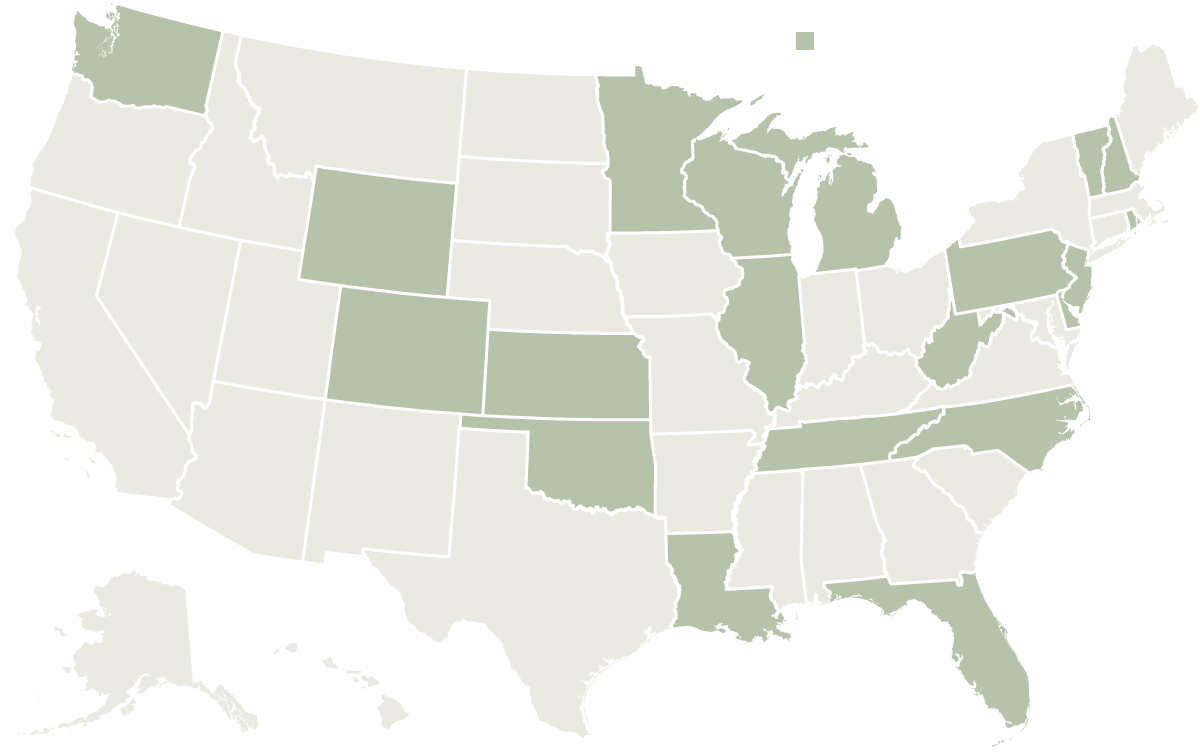You’re Not a Drug Dealer? Here’s Why the Police Might Disagree
People who thought they were just partying when someone else overdosed can find themselves charged with murder.
By Rosa Goldensohn
May 25, 2018
My friend accidentally overdosed and died. Is that my fault?
Legally speaking, it can be. If you supplied the drugs or helped obtain them, you could be considered a drug dealer, held responsible for the death and go to prison.
Let’s say you bring illegal drugs to a party, as
this 21-year-old in Minnesota did, and something terrible happens, like 10 people falling ill and one — his best friend — dying. He was convicted of third-degree murder and sentenced to nearly 10 years.
Wow...and wow. Thank you @Seattle1
Even if you’re mistaken about what exactly you’ve given someone, you can get in serious trouble,
like this 17-year-old. He and two classmates
faced murder charges when he sold a drug he thought was LSD to his closest friend, who overdosed. His defense lawyer argued that he was the captain of the football team, a straight-A student, and this was the “sole time” he had been involved with drugs, but the prosecutor said the evidence, including text messages, was “damning.” The three were allowed to plead guilty to distribution, a less serious charge, but still a felony.
Unlike child endangerment or “social host” laws that hold parents responsible for underage drinking or drug use, these cases can make you criminally liable for the actions of your peers or people older than you.
I shared drugs with my friends at a party. How does that make me a dealer?
State laws vary, but drug “distribution” or “delivery” is generally not limited to selling. It can include sharing drugs, giving them away, or having a friend pay you back for drugs you bought.
What if I didn’t give my friend the drugs or touch any money?
It depends on the circumstances. Our article takes a close look at Nick Klamer and Chase Thistle, two friends in rural, blue-collar Wisconsin. Nick asked his dad if he could borrow $200, claiming it was needed for an emergency car repair, but the two friends used the money to buy drugs. Nick, 26, died and Chase, now 29, was prosecuted.
Chase may not have touched the money, but he used Facebook Messenger to arrange the deal, making him a “party to a crime,” which legally speaking is the same as actually committing the crime. He is serving three years for reckless homicide.
But I didn’t force my friend to take the drugs. In fact, I wasn’t even there.
Prosecutors often see overdoses from the point of view of the victims’ families, some of whom say that even if no one meant for anyone to die, without the drugs their loved ones would still be alive.
“Some family has lost an innocent life,” said Peter Kilmartin, the attorney general of Rhode Island, who proposed a mandatory life sentence in drug homicide cases. “That victim no longer has a voice.”
Providing or helping someone get a drug illegally puts you on shaky ground for everything that happens later. Legally, there is a difference between that and, say, a store selling alcohol to a 21-year-old who drank too much and died, because the sale itself was not unlawful.
So I think a friend may be overdosing. Should I call 911?
Of course you should call for help when someone is in distress. There are
Good Samaritan laws in many states that protect you from charges like drug possession in those circumstances. But if you were involved in procuring the drugs, you would probably not be protected from being charged with
manslaughter,
reckless homicide or
murder. According to the Drug Policy Alliance, the only states that provide that kind of immunity are Vermont and Delaware.
In several cases we looked at, the person who ended up being charged had tried to save the overdosing person by calling 911, administering C.P.R. or giving
naloxone, an overdose-reversing drug. Critics say that prosecuting those people will make others afraid to call for help.
You’re Not a Drug Dealer? Here’s Why the Police Might Disagree

